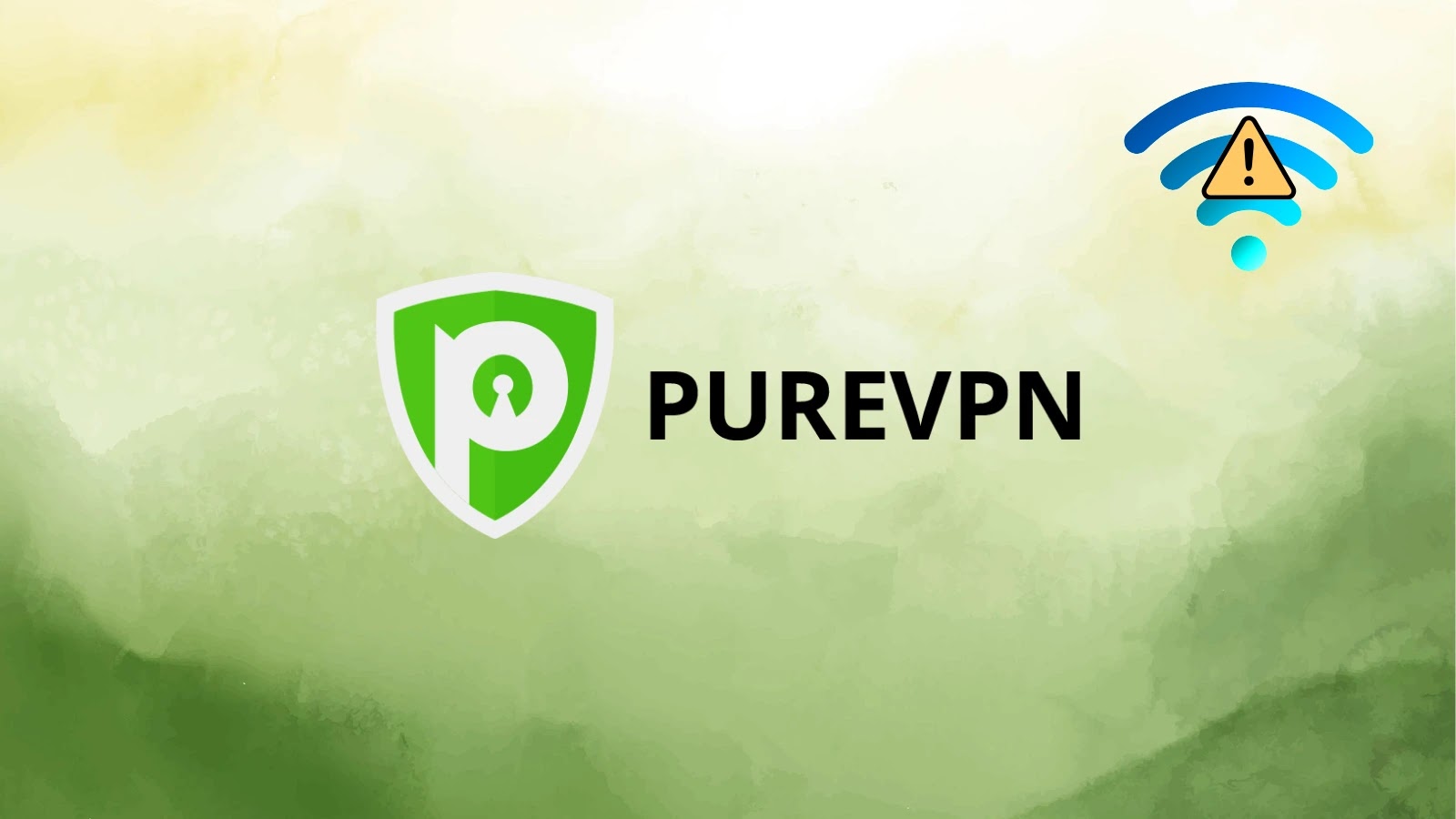
PureVPN Vulnerability Exposes Users IPv6 Address While Toggling Wi-Fi
PureVPN Vulnerability Exposes Users’ IPv6 Address During Wi-Fi Toggles
The promise of a Virtual Private Network (VPN) is simple: enhanced online privacy and security. Users entrust their internet traffic to VPN providers, expecting their real IP addresses to remain hidden and their data encrypted. However, recent findings have unveiled a critical flaw within PureVPN’s Linux client that dramatically undermines these core privacy guarantees. This vulnerability exposes users’ IPv6 addresses under specific network conditions and leaves systems more susceptible to attack than before VPN use due to impaired firewall rules.
Understanding the PureVPN Linux Client Flaws
The reported PureVPN vulnerability centers on two primary issues affecting its Linux client. Both issues compromise user anonymity and system security, which are foundational expectations for any VPN service:
- IPv6 Address Leakage: The most significant privacy concern is the leakage of users’ IPv6 addresses. This occurs specifically when the system undergoes network changes, such as Wi-Fi reconnections or resuming from sleep. Instead of consistently tunneling all traffic through the VPN, the client momentarily fails to secure IPv6 traffic, revealing the user’s true network identifier.
- Firewall Rule Obliteration without Restoration: Compounding the privacy breach is a severe security misstep regarding system firewall rules. PureVPN’s Linux client obliterates existing host firewall rules upon establishing a VPN connection. Critically, it fails to restore these rules upon VPN disconnection. This leaves the user’s system in a more exposed state than before using the VPN, effectively disabling crucial perimeter defenses and increasing the attack surface.
These findings, initially highlighted by “Anagogistis” and reported by Cyber Security News, indicate a fundamental failure in the VPN client’s kill-switch mechanism and its interaction with the operating system’s networking and security components.
The Impact of IPv6 Leaks and Firewall Failures
For users relying on PureVPN for privacy and security, these vulnerabilities carry significant implications:
- Compromised Anonymity: The leakage of an IPv6 address directly links online activity back to the user’s internet service provider and, by extension, their physical location. This defeats the primary purpose of a VPN, rendering users identifiable despite their efforts to remain anonymous.
- Increased Attack Surface: The obliteration of firewall rules without restoration creates a gaping hole in a system’s defenses. Applications and services that were previously protected by explicit firewall policies become directly exposed to the internet. This could allow attackers to scan for open ports, exploit known vulnerabilities in exposed services, or gain unauthorized access to the system.
- False Sense of Security: Users operating under the assumption that their VPN is actively protecting them are, in fact, unknowingly exposing themselves to increased risks. This false sense of security prevents them from taking alternative precautionary measures.
Remediation Actions for PureVPN Linux Users
Given these critical vulnerabilities, PureVPN Linux client users should take immediate action to protect their privacy and system integrity:
- Disable IPv6 (Temporary Workaround): As a temporary measure to prevent IPv6 leaks, consider disabling IPv6 on your Linux system’s network interfaces. However, be aware that this can impact connectivity to IPv6-only resources. Consult your distribution’s documentation for the correct procedure (e.g., modifying
/etc/sysctl.confor network manager settings). - Implement Manual Firewall Rules: Do not rely solely on the VPN client to manage your firewall. After connecting to PureVPN, or if you suspect your firewall rules have been wiped, manually verify and re-establish your critical firewall rules using tools like
ufworiptables/nftables. Create persistent rules that load at boot. - Monitor Network Traffic: Use network monitoring tools (e.g., Wireshark,
tcpdump) to verify that no IPv6 traffic is leaking outside the VPN tunnel, especially during Wi-Fi reconnections or system resume events. - Seek Official Updates: Continuously monitor PureVPN’s official channels for security advisories and updated Linux client versions that specifically address these vulnerabilities. Update your client as soon as a fix is released.
- Consider Alternative VPN Providers (If Unaddressed): If PureVPN does not swiftly and effectively address these critical flaws, consider switching to a VPN provider with a proven track record of transparent security practices and robust Linux client implementations.
Relevant Tools for Detection and Mitigation
Here are some tools that can assist Linux users in detecting potential leaks and managing their firewall rules:
| Tool Name | Purpose | Link | |
|---|---|---|---|
| Wireshark | Network protocol analyzer for detecting IPv6 traffic leaks. | https://www.wireshark.org/ | |
| tcpdump | Command-line packet analyzer for real-time network traffic inspection. | https://www.tcpdump.org/ | |
| UFW (Uncomplicated Firewall) | User-friendly front-end for iptables to manage firewall rules. | https://help.ubuntu.com/community/UFW | |
| iptables/nftables | Native Linux firewall management tools for defining granular rules. | https://www.netfilter.org/projects/iptables/index.html | https://www.netfilter.org/projects/nftables/index.html |
| IPv6-Test.com | Online service to check for IPv6 leakage. | https://ipv6-test.com/ |
Conclusion
The reported vulnerabilities in PureVPN’s Linux client serve as a stark reminder that even services designed for privacy can harbor critical security flaws. The leakage of IPv6 addresses and the failure to restore firewall rules fundamentally compromise the security posture of affected users. Prioritizing robust VPN client development, including meticulous handling of system network changes and firewall interactions, is paramount for any VPN provider. Users should remain vigilant, proactively monitor their network security, and demand transparent and secure solutions from their chosen VPN services.





